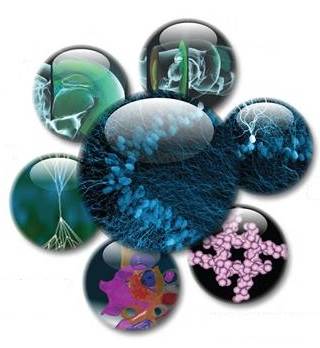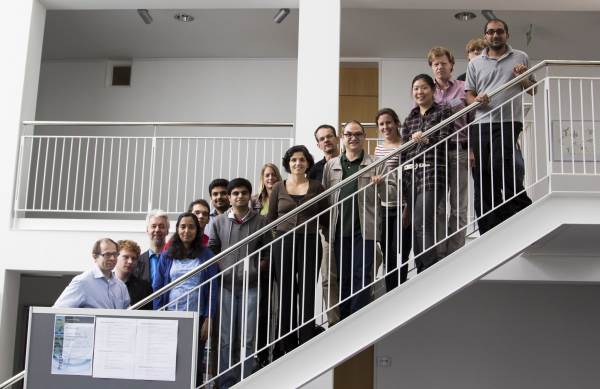About the ABC Project
 About the project
About the project
Adaptive Brain Computations (ABC) was a European Community Seventh Framework Initial Training Network, funded by the European Union’s Seventh Framework Programme for research, technological development and demonstration under grant agreement no 290011.
The purpose of the ABC project was to integrate the study of learning and brain plasticity in order to promote wellbeing and advance healthcare interventions.
Adaptive interactions within the environment depend on sophisticated multi-level brain plasticity mechanisms from single neurons to large-scale brain networks. However, traditionally, the study of plasticity has been fragmented into sensory, motor or decision-related circuits.
The ABC project took a multidisciplinary approach, utilising methods from physiology, cellular neurobiology, pharmacology, brain imaging, behavioural science and computational modelling to integrate these different disciplines.
ABC consisted of 8 partners across Europe that trained 14 early career researchers to understand how learning modifies sensory representations, perceptual decisions and motor outputs. We also examined cortical re-organisation and long-term plasticity in cases of congenital or acquired sensory and motor deficits.
The work carried out by ABC has impact in the development of assistive technology for the education and rehabilitation of individuals who have been impaired by stroke or other sensor deficits. In addition the work has benefit in improving techniques for early diagnosis, improved prognosis and effective interventions which can be informed by a better understanding of brain plasticity.
Research
Adaptive interactions with the environment depend on sophisticated brain plasticity mechanisms at multiple levels: from single neurons to large-scale brain networks. 
Traditionally, the study of plasticity has been fragmented into sensory, motor or decision-related circuits. However, translating findings of brain plasticity to brain repair requires an understanding of the interactions between these circuits.
Our aim is to integrate this study of learning and plasticity to promote well-being and advance healthcare interventions. We will test the role of learning in optimising sensory, cognitive and motor processing in the adult, ageing, and diseased brain.
Our approach is multidisciplinary, synthesising methods from physiology, cellular neurobiology, pharmacology, brain imaging, behavioural science and computational modelling to reveal plasticity at multiple scales (structural, functional and cellular).
The work has impact in assistive technology, education and rehabilitation and expert recognition systems.
To advance the intersectoral aspects of the work, ABC unites scientists in seven leading universities and five industrial partners.
By delivering early-career training embedded in a cutting-edge research programme, we aim to springboard the next generation of interdisciplinary researchers on learning and brain plasticityand and cement long-term collaborations between sectors to enhance European brain plasticity research and its applications.

